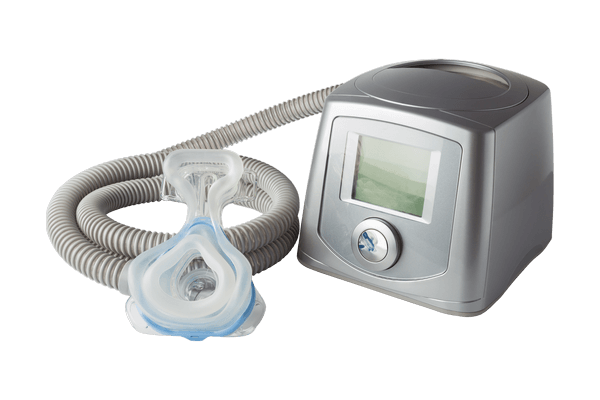Get better sleep quality now. Find out how we can help!
Dr. Konstantinos Tsoutis, Dentist, Prosthodontist,
Board Certified Dental Sleep Specialist
6 Semitelou St, Athens
(+30) 210 7702192
What is sleep apnea?

Obstructive sleep apnea is a dangerous and potentially life-threatening disease characterized by recurrent episodes of breathing cessation during sleep.
It is caused by the excessive relaxation of the upper pharyngeal muscles and the tongue, resulting in complete obstruction of the airway and therefore reducing oxygenation of vital organs of the body.
People with sleep apnea snore loudly and suddenly stop breathing for short periods.
The cessation of breathing and the consequent reduction of oxygen levels in the blood cause sleep disturbance and the person awakens, passing from deep sleep stage to a lighter sleep stage. These awakenings are necessary to restart breathing, occur hundreds of times during the night and often go unnoticed by the sufferer.
People who suffer from obstructive sleep apnea, feel tired when they wake up and lack the refreshing effect that a sleep of good quality provides.
DID YOU KNOW?
28,6% of people aged 30-69 suffer from sleep apnea in Greece and most of them remain undiagnosed and do not follow any treatment.
AND
Sleep apnea can cause weight gain, diabetes, heart attack, stroke and reduced life expectancy.
The Stages of Sleep
For those who suffer from sleep apnea, it is almost impossible to go through a full cycle of a restful sleep. There are four stages of sleep and each one is necessary to achieve a full night's rest.
The four stages of the sleep cycle are:
NREM Stage 1: The first stage marks the transition from wakefulness to sleep and occupies about 5% of the total sleep time.
NREM Stage 2: Stage 2 occupies 45% of the total sleep time and is the stage of light sleep.
NREM Stage 3: Stage 3 or Delta Sleep is the stage of deep non-REM sleep and occupies about 25% of the total sleep time. It is a very important stage in which the body heals itself and repairs organic damage. People with sleep apnea do not have the required duration of deep stage 3 sleep resulting in waking up tired in the morning and with pain in their body.
REM Sleep: REM sleep takes up about 25% of sleep time and is related to dreams. During REM sleep the brain is very active, as if it were awake, while the muscles of the body relax. REM sleep is important for storing information received by the brain during the previous day as well as for the emotional balance of the individual. Patients with sleep apnea tend not to enter REM sleep resulting in daytime memory problems, confusion, decreased concentration and emotional instability.

How is Sleep Apnea Treated?
Your quality of life can be affected greatly by the quality of your sleep. Fortunately, help for those suffering with a lack of sleep is easily accessible. You can usually get treatment without the need for medications.

CPAP Machine Therapy
Continuous positive airway pressure (CPAP) is the most common treatment for obstructive sleep apnea. A CPAP machine blows a constant stream of air into your nose and mouth, forcing your airway to open and allowing your body to get the oxygen it needs. Despite its widespread use, many people are CPAP intolerant and are unable to wear the mask at night, due to how invasive and uncomfortable it can be.

Oral Appliances
A mandibular advancement device is one such oral appliance used in the treatment of sleep apnea. They are worn in the mouth overnight and look like sports mouth guards. Their purpose is to keep the lower jaw and the tongue from falling backwards and blocking the airway, therefore keeping the airway open and allowing the patient to breathe on their own. The use of an oral appliance is a comfortable, non-invasive, and effective treatment for sleep apnea.

Surgery
Rarely is surgery used to treat OSA. But if needed, nasal surgery may help a patient’s ability to use a CPAP. There is also the option of having a bimaxillary advancement performed. When all else fails, the last option is having a Tracheostomy performed – when a surgeon makes an opening in the front of the neck and inserts a tube into the windpipe to help patients breathe.

